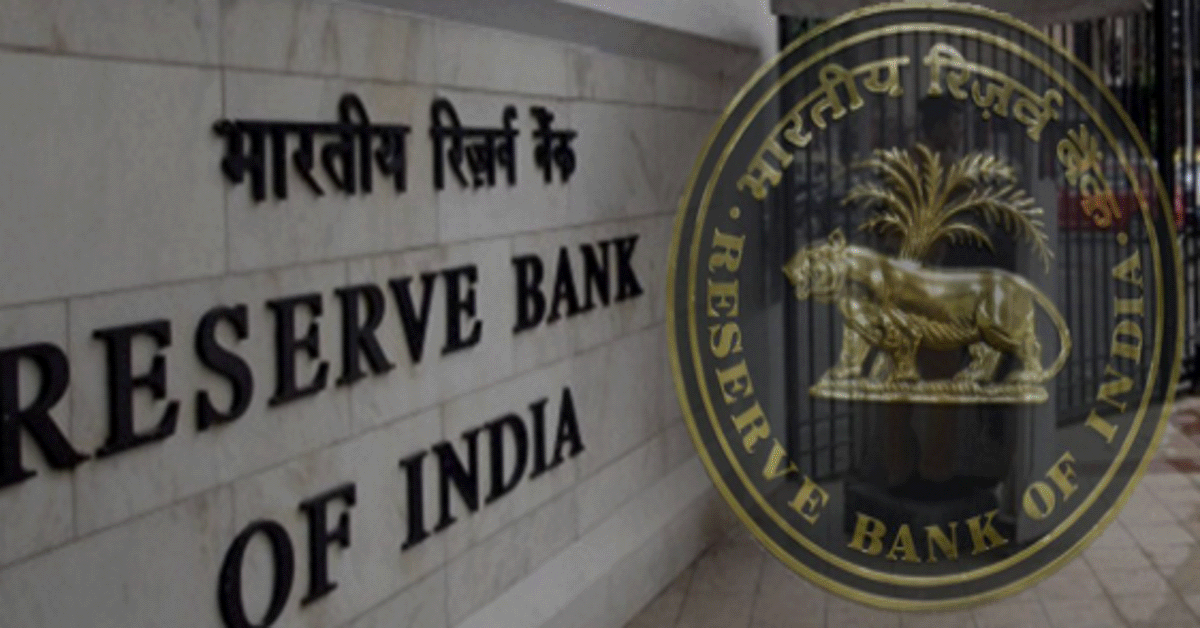The Reserve Bank of India (RBI), which acts like a super bank for all the other banks in India, has canceled the license of The City Co-operative Bank located in Mumbai. This decision took effect on June 19, 2024, meaning the bank can no longer operate.
Why Did the RBI Cancel the License?
The RBI explained that The City Co-operative Bank did not have enough money (capital) to run smoothly, and there were no signs of improvement for the bank’s income (earnings). This basically means the bank wasn’t making enough money to cover its costs, and it didn’t have a backup plan to fix the situation.
The RBI felt it was unsafe for people to keep their money in this bank because there was a high chance they wouldn’t be able to get it all back if they needed it. To protect people’s savings, the RBI decided to shut down the bank.
Since the license is canceled, The City Co-operative Bank cannot do any banking business anymore. This means they can’t accept deposits or give out loans. The bank will go through a process called “winding up,” which involves carefully sorting out the bank’s remaining assets (valuable things they own) and using them to pay back depositors (people with money in the bank) as much as possible.
The good news is that there’s an insurance program in India called the Deposit Insurance and Credit Guarantee Corporation (DICGC) that protects depositors’ money in case their bank fails. If you had money in The City Co-operative Bank, you can claim insurance from DICGC for up to ₹5 lakh (5 hundred thousand rupees). The RBI says that around 87% of the depositors will likely get their entire deposit amount back through this insurance.
The RBI has advised depositors to wait for further instructions from the DICGC on how to claim their insurance money. It’s important to be patient and wait for the official process to avoid any confusion or mistakes.
If you were banking with The City Co-operative Bank, you’ll need to find a new bank to manage your money. Look for a reputable bank that is well-established and has a good track record. You can ask friends, family, or colleagues for recommendations, or do your own research online to compare different banks and their offerings.
Important Note:
This news article is for informational purposes only . If you have any specific questions or concerns regarding your deposit in The City Co-operative Bank, it’s best to consult with a financial advisor or directly contact the DICGC for official guidelines on claiming your insurance.
